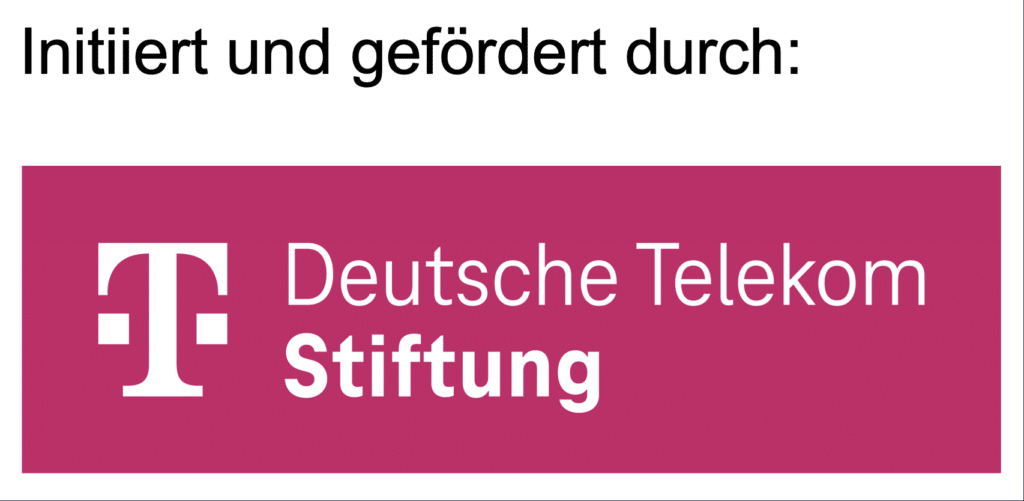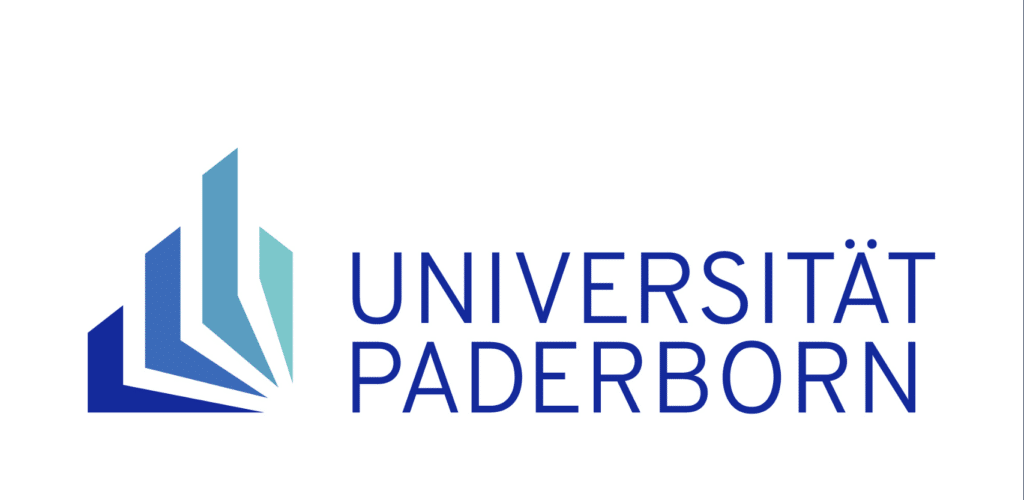Abstract
We will try to argue that mathematical modeling, in the sense of a certain kind of mathematical thinking in an interdisciplinary context, is becoming ever more important in the age of digitalization, the data deluge, and AI. It should therefore play a key role in education.
We will try to outline how this could be achieved. We will also raise questions: How mechanical does mathematics education have to be? How much room is there for creativity? How to balance disciplinarity and interdisciplinarity? How to create awareness of the key role of mathematical modeling?
In addition, we present tested, computer-based teaching material for mathematical modeling projects with high-school students. The material was developed within the CAMMP project (www.camp.online) and focuses on the problem-oriented development of the mathematical foundations of AI methods. We try to show that it is indeed possible to embed AI into mathematics education in a meaningful way.
Bio Martin Frank

Martin Frank is professor for Computational Science & Mathematical Methods at the Karlsruhe Institute of Technology (KIT) and director of the Steinbuch Centre for Computing.
After his studies of mathematics (Diploma 2001) and physics (diploma 2004) at Darmstadt, Martin Frank received his doctorate in 2005. After a junior professorship at TU Kaiserslautern he was Professor of Mathematics at RWTH Aachen University (2009-2017). There he founded the CAMMP (Computational And Mathematical Modeling Program) education lab. Since 2017, he has been a professor at KIT, where he is an active researcher in both mathematical methods (including AI) and mathematics education.
Bio Sarah Schönbrodt

Sarah Schönbrodt is a postdoctoral researcher and team leader at KIT. She completed her PhD in the field of subject-matter didactics at KIT after her teacher training studies at RWTH Aachen University (2018-2022).
Since 2022, she is a postdoctoral researcher and head of CAMMP and Simulierte Welten (Simulated Worlds) at KIT. Her research focuses on the mathematical background of AI methods – from a mathematics education perspective. She is also involved in “KI macht Schule”, a non-profit initiative that designs and conducts courses for school classes and advanced teacher trainings on AI combining 3 dimensions: technical foundations, applications, and ethical considerations.



